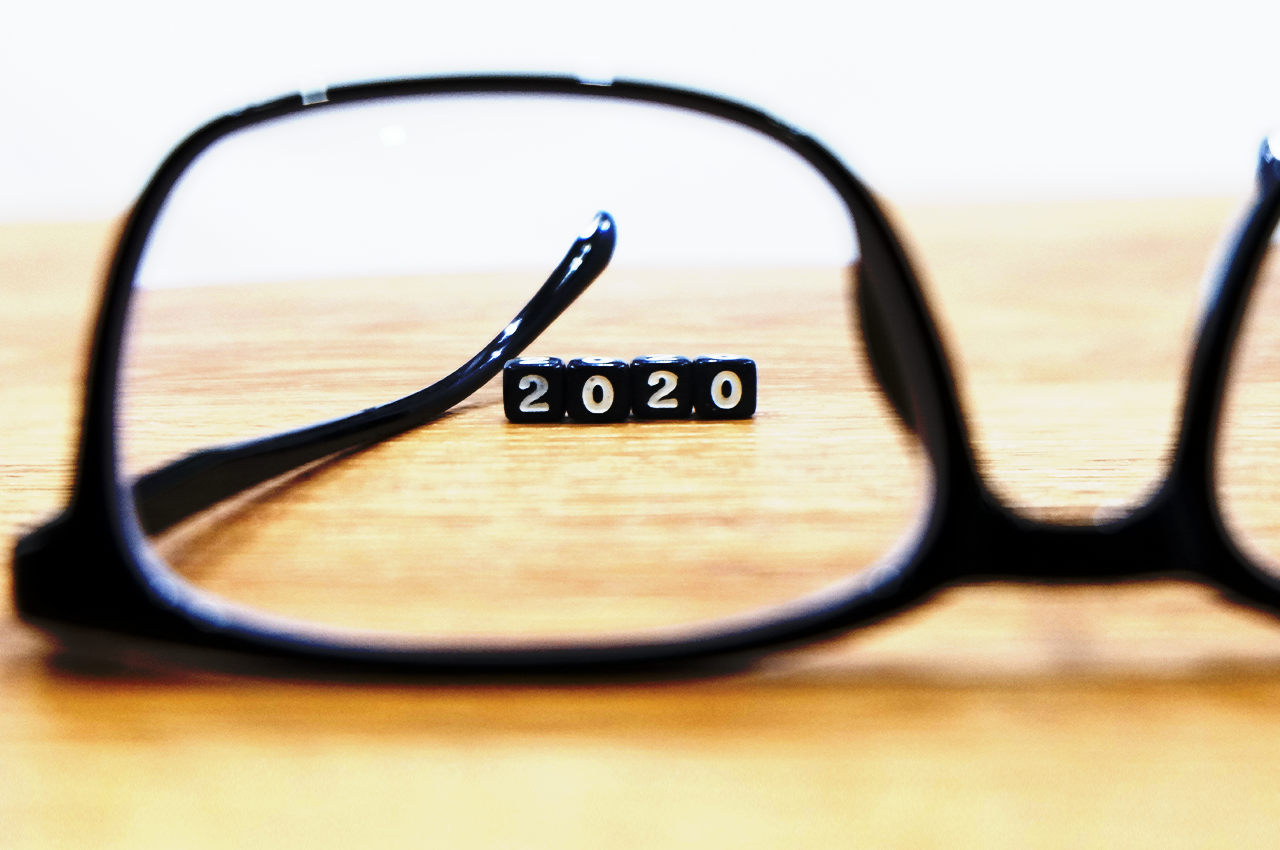You’ve noticed a decline in your vision lately. You’ve even been struggling to read road signs and restaurant menus. What’s going on with your peepers? Well, for most people, a gradual decline in vision is a normal sign of aging. Fortunately, there are various ways you can slow down any loss in eyesight.
For optimal eyesight avoid the following:
Staring at screens
This isn’t just limited to working on your computer or laptop, but if you binge-watch TV shows or read books on an electronic device, you’re decreasing the blink rate of your eyes which, over time, causes them dry out and become fatigued.
This is because when you blink, your eyelids spread tears over the eye which helps keep them moisturised.
Tip: Follow the 20-20-20 rule. Every 20 minutes, look away from your screen at something 20m away for 20 seconds to give your eyes a healthy break.
Wearing the wrong sunglasses
Most sunglasses may not have UVA/UVB block-out necessary to reduce eye damage caused by the sun. If you’re thinking of buying a new pair of sunnies, look for ones that protect your eyes from both UVA and UVB rays.
Overusing your contacts (and not cleaning the contacts case!)
Contact lenses are developed to be worn for a certain period of time. Stretching out that time can be both harmful and increase the chance of an infection.
Replace your lens case every three months or when your bottle of solution runs out. If you store your case in your bathroom, there is likely to be bacteria floating around. That’s why it is important to rinse your case properly and don’t just change the solution.
Not eating enough nutrients and vitamins for eye health
Vitamins and nutrients that can improve and maintain vision health include vitamins A, C, D, E, zinc, and omega-3 fatty acids. They can be found in a variety of foods such as fish, nuts, colourful vegetables and oranges. These types of “real food” have health benefits for the whole body too.
Sleeping with makeup on or using expired make-up
Eye makeup like mascara is in close proximity to your cornea, the front part of the eye. Sleeping with mascara on can scratch the cornea, while using old and expired make up increases your risk of eye infection. .
Skipping your eye exams
Many eye ageing conditions like cataracts or dry eyes start off slowly without any obvious symptoms. The only way these conditions can be detected is with a regular eye exam. Picking them up and treating them early can help prevent permanent vision loss.
Keep your vision optimal
Look for warning signs of changes in your vision.
If you start noticing changes in your vision, see your eye doctor immediately. Signs include double vision, tunnel vision, hazy vision and difficulty seeing in low light conditions.
Other signs of potentially serious eye problems that need immediate attention include:
- Red eyes
- Frequent flashes of light
- Floaters
- Eye pain and swelling
Healthy habits for your eyes
Wear sunglasses
The right pair of shades will help protect your eyes from the sun’s ultraviolet (UV) rays. Too much UV exposure boosts your chances of cataracts and macular degeneration.
Choose a pair that blocks 99% to 100% of both UVA and UVB rays. Polarised lenses reduce glare while you drive. While some contact lenses offer UV protection, it’s still a good idea to wear sunglasses for an extra layer of protection.
Use safety eyewear
If you use hazardous or airborne materials on the job or at home, wear safety glasses or protective goggles. Helmets with protective face masks or sports goggles with polycarbonate lenses will shield your eyes during and risky activities.
Quit smoking
Smoking increases the chances of cataracts developing, damages your optic nerve and contributes to macular degeneration.
Visit your eye doctor regularly
Getting a regular eye exam can help protect your sight. Eye exams can also find diseases like glaucoma that have no symptoms. It’s important to spot them early on, when they’re easier to treat.
References:
- https://www.mindbodygreen.com/articles/6-daily-habits-affecting-your-eyesight-according-to-optometrist
- https://www.rebuildyourvision.com/blog/vision-tips/how-to-improve-your-vision-naturally-and-fast/
- https://healthyaging.net/healthy-lifestyle/healthy-habits-better-vision/
- https://www.webmd.com/eye-health/good-eyesight#2

